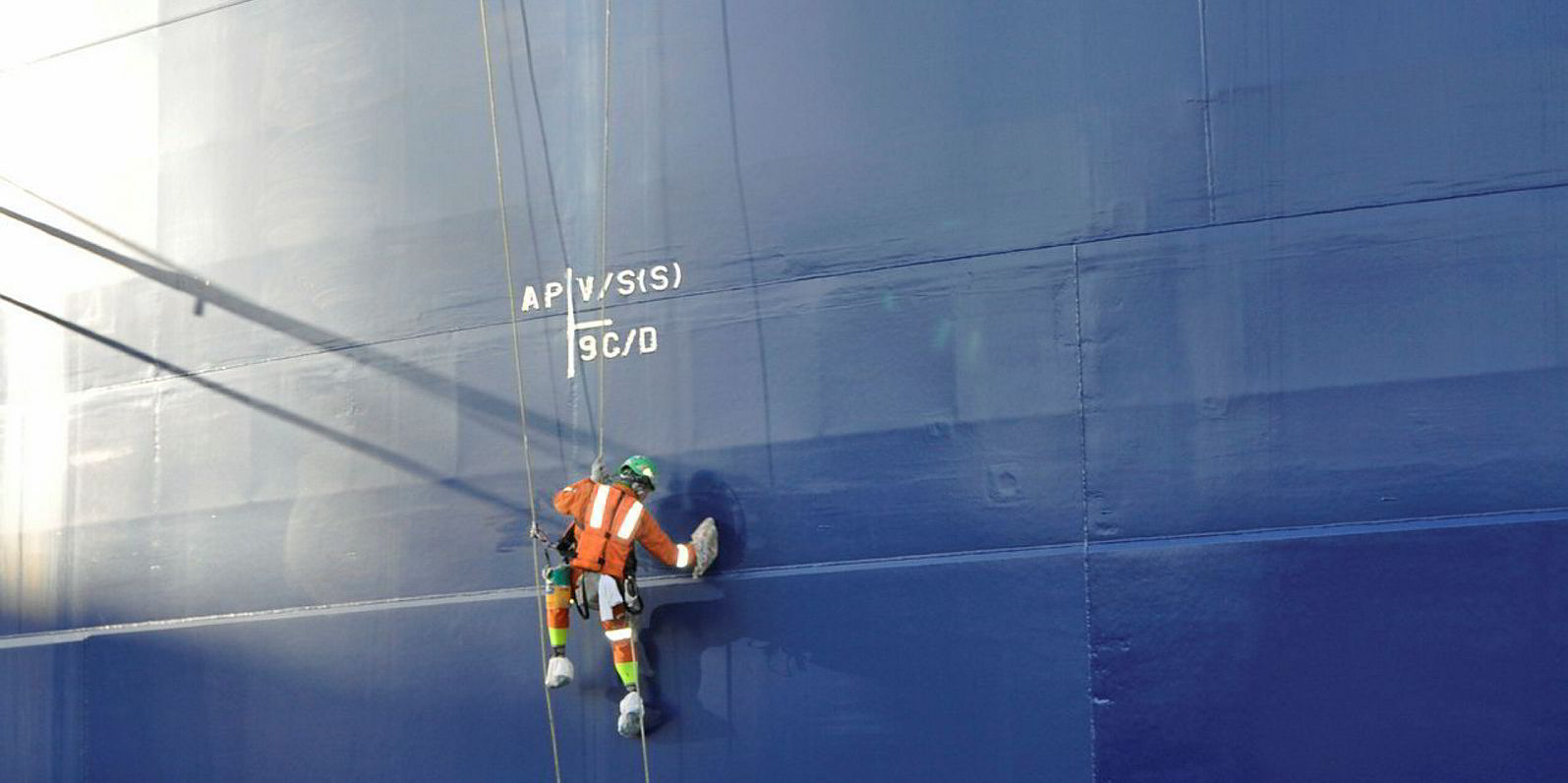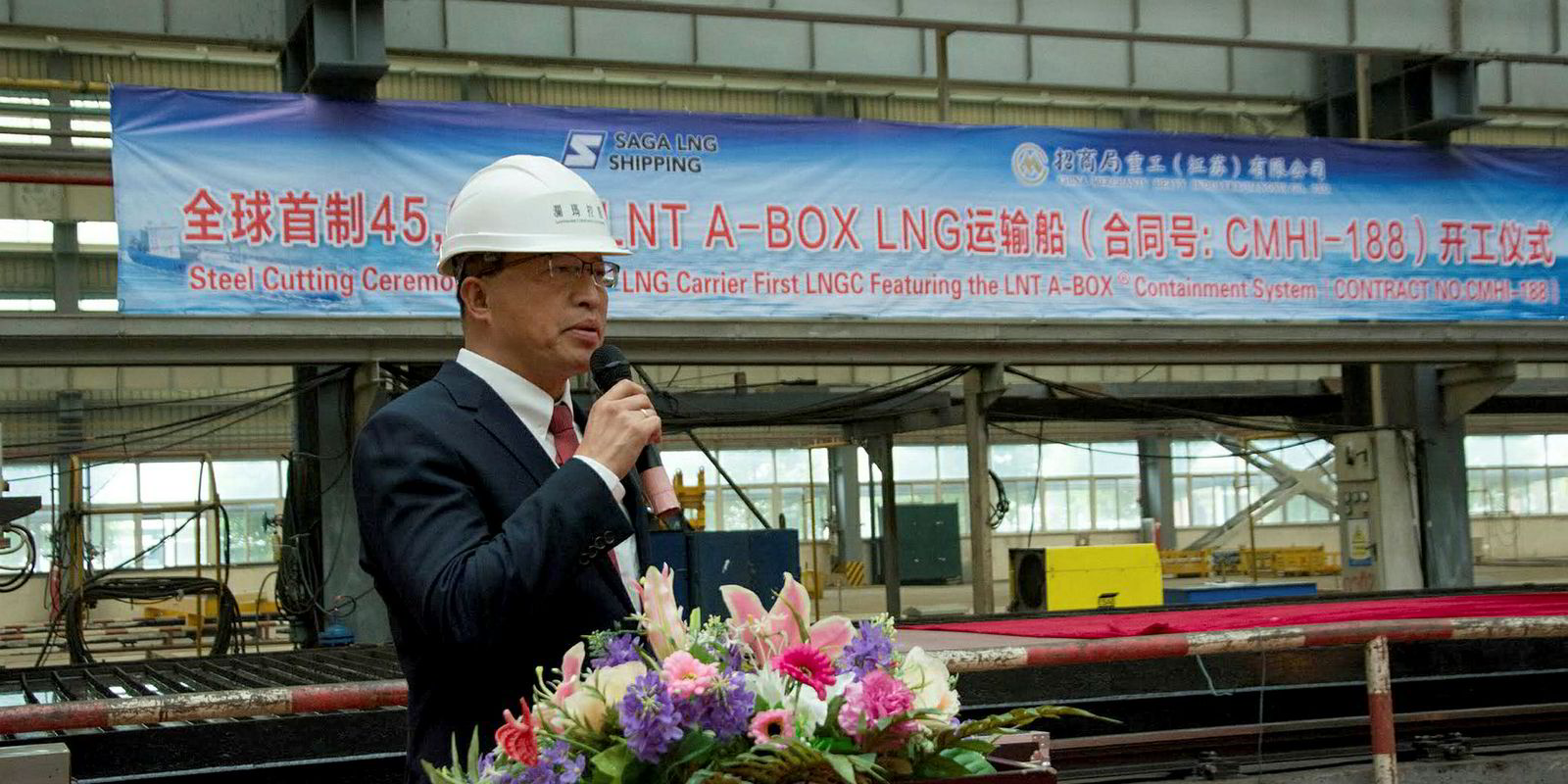The LNG carrier orderbook looks set to hit the 50-vessel mark by the end of the year as charter deals come together and companies move to secure optional berths they are holding with shipyards.
To date, some 44 LNG carriers have been contracted so far this year.
Christos Economou’s TMS Cardiff Gas has placed the most orders, signing up for eight vessels spread across two shipyards. Those close to the company said the bulk of these ships are committed for term business.
Flex LNG is in second place, taking on seven contracts from lead shareholder John Fredriksen.
South Korea dominant
Peter Livanos’ GasLog is in third position with five LNG newbuildings at Samsung Heavy Industries. GasLog has said it does not order on speculation, suggesting it has business for most of these ships.
South Korea's Hyundai Heavy Industries has scooped the lion’s share with 18 vessels, followed by compatriots DSME with 12 orders and SHI logging 12.
Outside South Korea, Jiangnan Shipyard secured two 80,000-cbm ships for Chinese trader Jovo.
But a number of optional slots are expected to be confirmed.
At least one Greek shipowner is believed to be looking at firming up more ships before the end of this year. Fredriksen's interests have been in talks with HHI on additional orders and the industry is waiting to hear the results of Shell's tender for LNG carriers, which may prompt optional slots to be declared.
This year has seen another large haul of LNG deliveries, with more than 40 new vessels being handed over. But despite this new tonnage entering the market, charter rates in the sector have risen — as forecast — to super-strong levels during this quarter.
Figures produced by Fearnleys show that 36 LNG carriers are due for delivery in 2019, of which six are uncommitted.
The total climbs to 41 in 2020, of which 16 are listed as available for charter, while 14 newbuildings are logged in for 2021 delivery dates, all but one of which have been contracted without charter contracts.
Last week, the broker forecast that a further 64 LNG newbuildings could be required by 2022 to meet additional demand.





